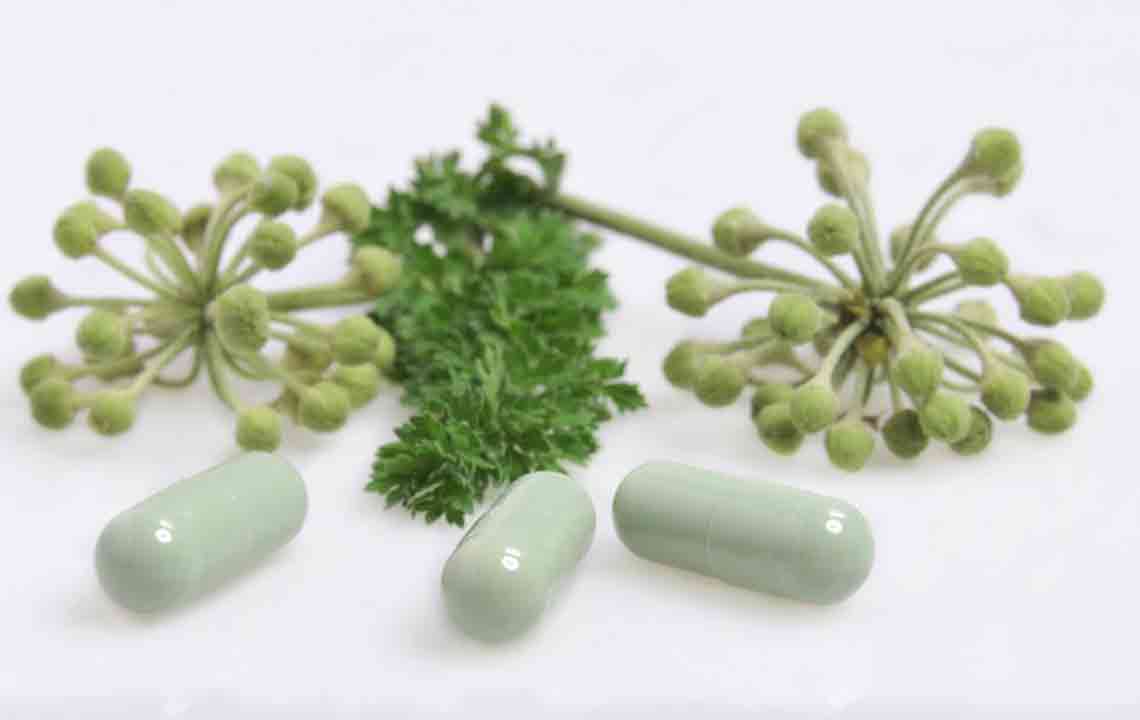Things to Know While Choosing Natural Thyroid Supplements
Thyroid disorder is a condition where the thyroid gland gets affected. The thyroid gland is a butterfly-shaped gland in the neck located below Adam’s apple wrapped around the trachea or the windpipe. It is responsible for various metabolic functions occurring throughout the body. There are different types of thyroid disorders you might suffer from depending on the structure and function, which is why it is important to know the different types of Natural Thyroid Supplements available in the market.
A thin area of tissue in the middle of the gland, called the isthmus, joins the two thyroid lobes on each side.

Thyrotrophic releasing hormone or TRH is produced by the brain when there are low levels of thyroid hormones,and this causes the pituitary gland to release thyroid stimulating hormone or TSH. This TSH stimulates the thyroid gland to release more T4 into bloodstream.
Since the thyroid gland is controlled by the pituitary gland and the hypothalamus, any sort of disorder of these tissues can also cause thyroid problems.Thyroid problems result in over-production or under-production of the hormone.
Symptoms of thyroid problem:
- Problems with your menstrual cycle: Thyroid is responsible for controlling your menstrual cycle. Too much or too little of the thyroid hormone can make your periods go very light, heavy, or can even make it irregular. Thyroid disorder can make your periods stop for several months or longer. Such condition is called amenorrhea. It can also result in early menopause, even before the age of 40 years.
- Problems in getting pregnant: Being affected with thyroid disorder can also make it tough for a woman to conceive and delays pregnancy – in worst cases it might never happen as well.
- Problems during pregnancy : In fact, thyroid problems during pregnancy can be harmful for both the mother and the child.
Women who are more prone to get affected by thyroid problems include:
- Who had a thyroid problem in the past
- Who had a surgery or a radiotherapy affecting the thyroid gland
- Who have other disorders like anemia, goiter and diabetes
Hypothyroidism
When the thyroid gland cannot make enough thyroid hormone, the condition is called hypothyroidism. This condition affects many other functions and slows down the metabolic functions.
Symptoms of hypothyroidism
The symptoms of hypothyroidism are not instantly visible and become evident over years. The common symptoms are:
- Feeling tired
- Slow metabolism
- Feeling colder than usual
- Suffering from constipation
- Muscle weakness and muscle pain
- Gaining weight
- Joint pain
- Feeling low or depressed
- Skin is ale and dry
- Hair fall with dry hair
- Slower than normal heart rate
- Less sweating than usual
- A swollen face
- More than usual menstrual bleeding
Hyperthyroidism:
Over reactivity of the thyroid hormone causes hyperthyroidism. This speeds up the metabolism and heart rate.
Symptoms of hyperthyroidism:
- Weight loss with increased food intake
- Irregular and fast heartbeat
- Feeling nervous and anxious
- Feeling irritable and trouble in sleeping
- Trembling in your hands and fingers
- Increased sweating than normal
- Feeling hot while others do not
- Muscle weakness
- Fragile and weak bones leading to symptoms of osteoporosis
- Diarrhea or more bowel movement than normal
- Fewer and lighter menstrual periods than normal
- Bulging of the eyes, redness, or irritation
Use of Natural Thyroid Supplements: How effective are they?
No two thyroid cases are same. In fact,two people with hypothyroidism or hyperthyroidism can take the similar natural thyroid supplements, but get completely different results. So the patient should have knowledge about what are the best natural thyroid supplements to take.
There are many different natural thyroid supplements available in the market today. While some of these are of good quality, others can prove to be a complete waste of money. Most natural thyroid supplements are not so effective since the actual problem is not the malfunctioning of the thyroid gland. There are other factors that cause a thyroid condition to develop. However, supplements are not always useless. But if you wish to restore the function of your thyroid gland back to normal, only taking supplements might not help.
So, it is best to consult a doctor before you start consuming natural thyroid supplements, whether you are suffering from hyperthyroidism or hypothyroidism. He might also suggest other medications, exercises, lifestyle changes or a proper diet.

